Barbecue or Barbeque? Unraveling the Spicy Truth Behind America’s Favorite Sizzle!
So, you've seen it spelled a dozen different ways — barbecue, barbeque, BBQ, even B-B-Q. But what exactly does “barbeque” mean anyway? Is it food? A technique? A party style? And why is there so much confusion around this smoky word?
Welcome to the ultimate guide where we dive deep into the sizzling world of barbecue (or is it barbeque?), explore its origins, and give you practical spice-based tips to master your next cookout. Whether you're a seasoned pitmaster or a backyard rookie with a grill and a dream, this article has got you covered.
What Does Barbeque Mean, Anyway?
Let's start with the basics: What does barbeque mean? At first glance, it seems like a simple question. But peel back the layers, and you'll find that “barbecue” is more than just grilled meat — it's a culture, a cooking method, and yes, sometimes even a verb.
| Spelling | Meaning | Usage Example |
|---|---|---|
| Barbecue | The original spelling, rooted in Taino and Spanish languages | “The aroma of slow-cooked pork filled the entire barbecue.” |
| Barbeque | A modern abbreviation; commonly used in American English | “We’re heading to the barbeque this weekend!” |
| BBQ | An abbreviation often used on signs, packaging, and social media | “Try our new BBQ sauce for ribs!” |
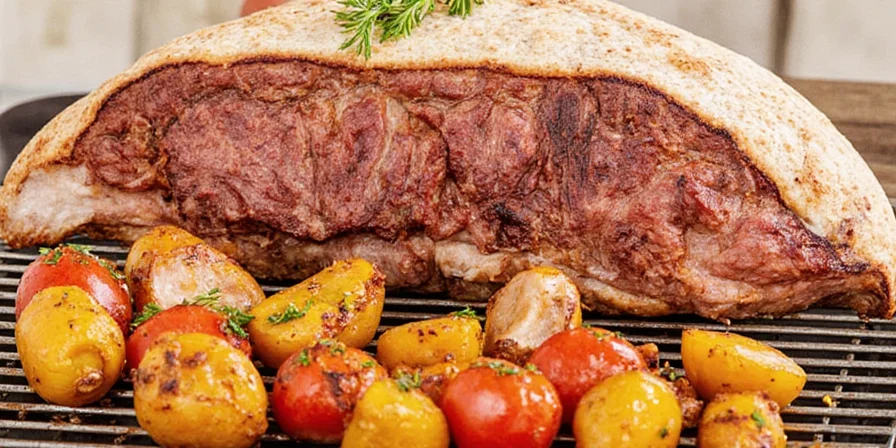
Barbeque as Culture, Cuisine, and Cooking Method
- Culture: Barbecue represents gatherings, community, and tradition. It's more than food — it’s an experience.
- Cuisine: Regional styles differ across the U.S. from Texas brisket to Carolina pulled pork.
- Cooking Method: Low-and-slow cooking over indirect heat using wood smoke for flavor.
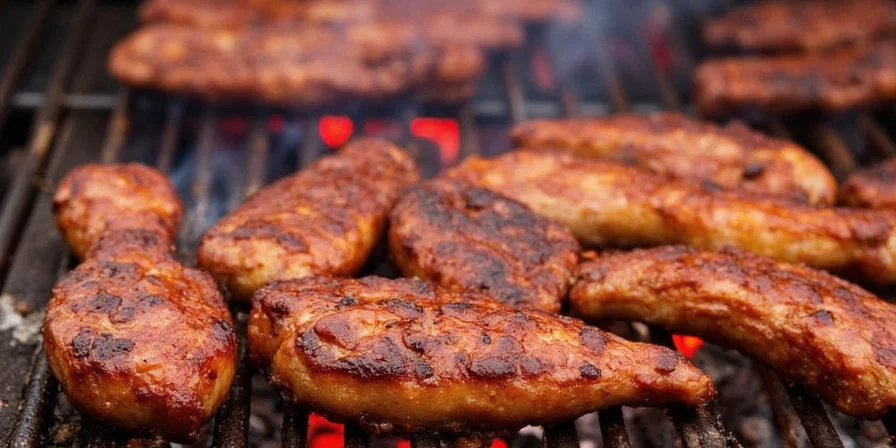
History of the Word 'Barbeque'
Before it was a summer staple, “barbecue” came from somewhere far hotter than your backyard — the Caribbean islands. The word traces its roots to the Taino people, indigenous to the region, who called their slow-cooking apparatus a “barbacoa”. Spanish explorers picked up the term and brought it back to Europe, where it evolved through time and dialects.
Timeline of the Word Evolution
- 1500s: Taino people use “barbacoa” to describe a wooden framework for drying meat.
- 1600s: Spanish and French explorers adopt the term into “barbecue”.
- 1800s: In the United States, “barbecue” becomes associated with gatherings centered around roasted meats.
- 20th Century: “Barbeque” and “BBQ” become popular shortenings, especially in marketing and casual speech.
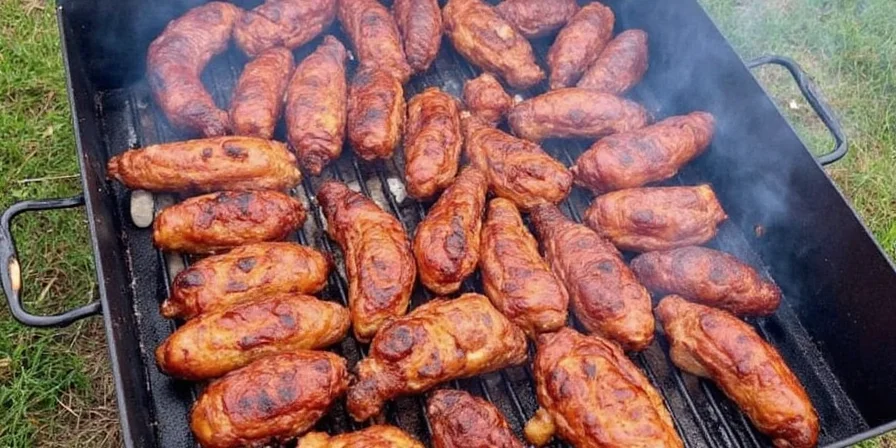
Barbecue vs Grilling: Are They the Same Thing?
Here’s a common mistake: thinking grilling and barbecue are the same. They’re not. Think of them as cousins at a family reunion — related but definitely not identical.
| Feature | Barbecue | Grilling |
|---|---|---|
| Cooking Time | Hours | Minutes |
| Heat Source | Low, indirect heat with smoke | Direct, high heat |
| Type of Meat | Tougher cuts (brisket, ribs, shoulder) | Tender cuts (steak, burgers, chicken breast) |
| Flavor Profile | Smoky, rich, and layered | Sear-focused, char-grilled |
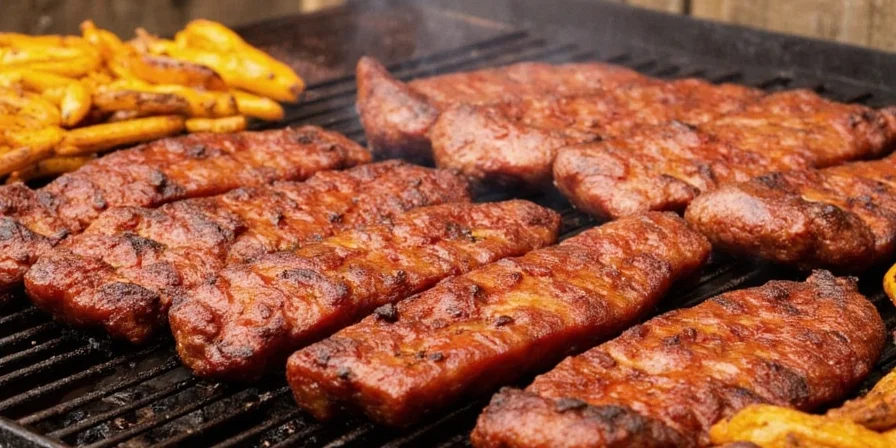
Spice Secrets to Master Your Barbecue
If barbecue is the canvas, then spices are the paint. Without them, your meat might be cooked, but it won’t sing. Let’s break down some essential spice blends and techniques that will take your barbeque game from backyard basic to competitive-grade.
Essential Spice Rubs Every Pitmaster Should Know
- Classic BBQ Rub: Paprika, brown sugar, garlic powder, onion powder, cumin, chili powder, salt & pepper.
- Texas Dry Rub: Coarse black pepper, salt, garlic powder — bold and minimalistic.
- Kansas City Sweet Rub: Brown sugar, paprika, mustard powder, cayenne, cinnamon — perfect for ribs.
- Carolina Mustard Rub: Yellow mustard base with vinegar, red pepper flakes, turmeric, and cracked pepper.
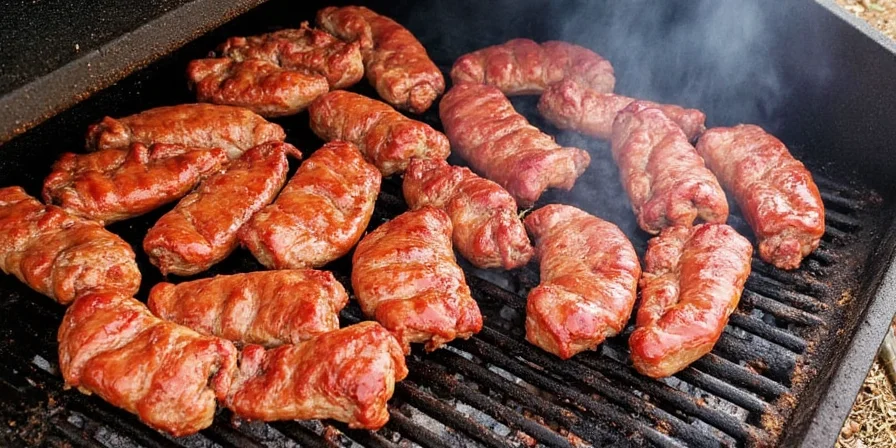
Pro Tip: Apply Rub Like a Pro
- Apply rubs at least 1 hour before cooking (overnight is better).
- Use a thin layer of mop sauce or apple juice to help the rub stick.
- Don’t skip the resting phase — let meat rest for 15–30 minutes after cooking for maximum juiciness.
Top 5 Mistakes People Make When Using ‘Barbeque’
Now that you know what “barbeque” means and how to pronounce it (yes, both spellings are correct), here are five common mistakes that could ruin your culinary reputation faster than burning your ribs.
- Mistake #1: Using the wrong cut of meat. Not all meats are created equal for low-and-slow cooking.
- Mistake #2: Overloading on sauce too early. Sauce should enhance — not drown — the flavor.
- Mistake #3: Rushing the process. Barbecue isn’t fast food.
- Mistake #4: Ignoring the resting period. Don’t slice too soon!
- Mistake #5: Assuming all barbeque is the same. Regional differences matter!
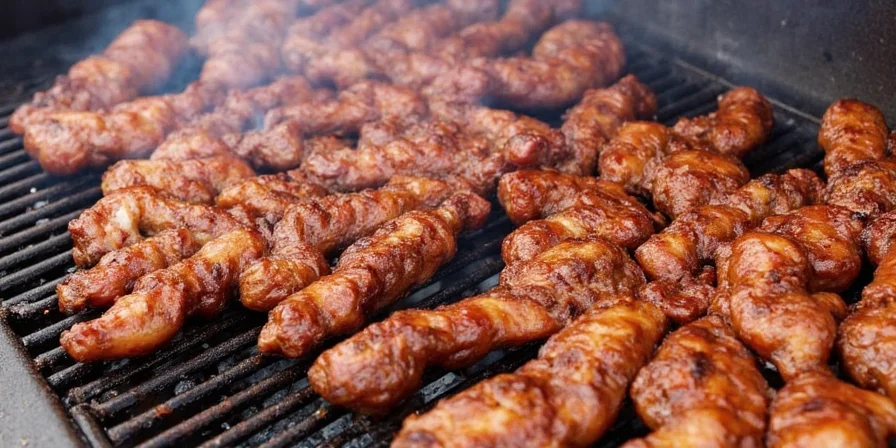
Conclusion: So, What Does Barbeque Mean?
In short, “barbeque” (or “barbecue” or “BBQ”) means more than just meat and fire. It’s a rich blend of culture, history, and technique that transforms humble ingredients into something unforgettable. Whether you're pulling pork in North Carolina, smoking brisket in Texas, or firing up your Weber kettle on the patio, understanding what barbeque really means helps you appreciate the craft behind every bite.
And if you remember one thing from this article, let it be this: Great barbecue starts with respect for the process — and a killer spice rub never hurts.
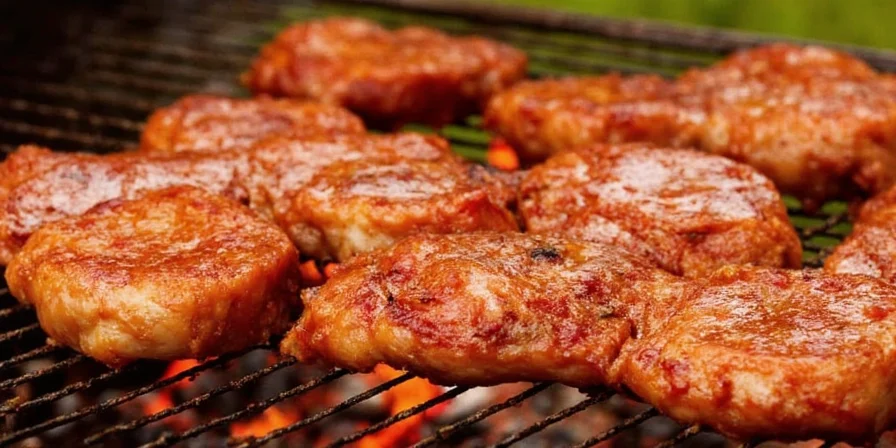

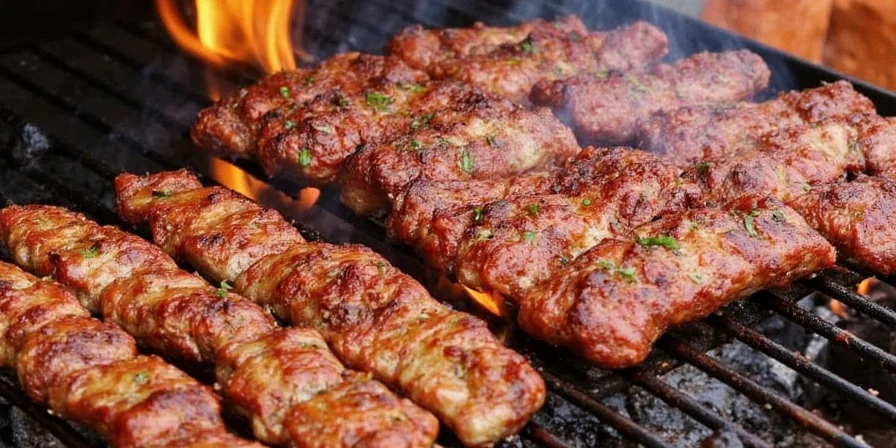









 浙公网安备
33010002000092号
浙公网安备
33010002000092号 浙B2-20120091-4
浙B2-20120091-4